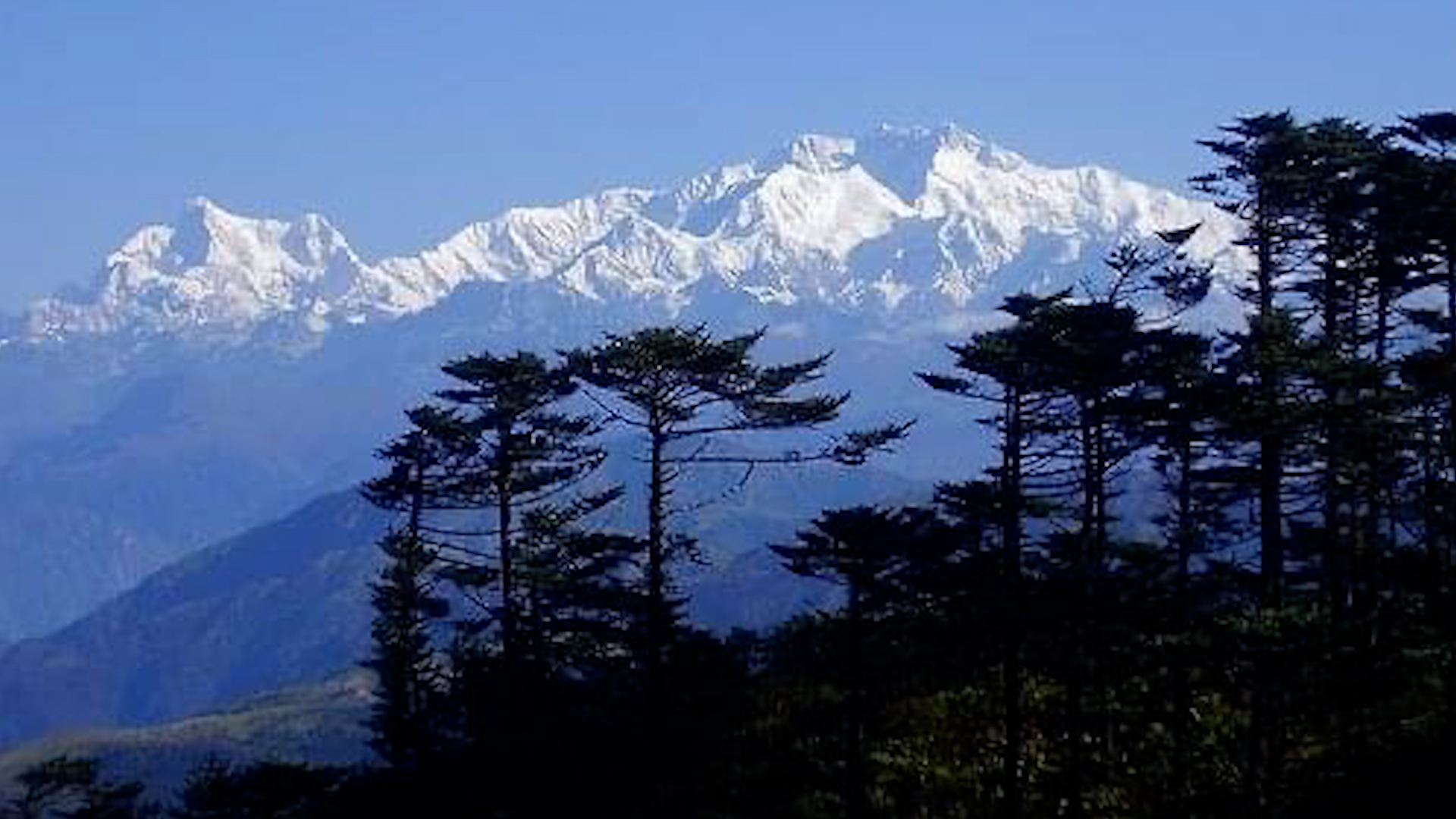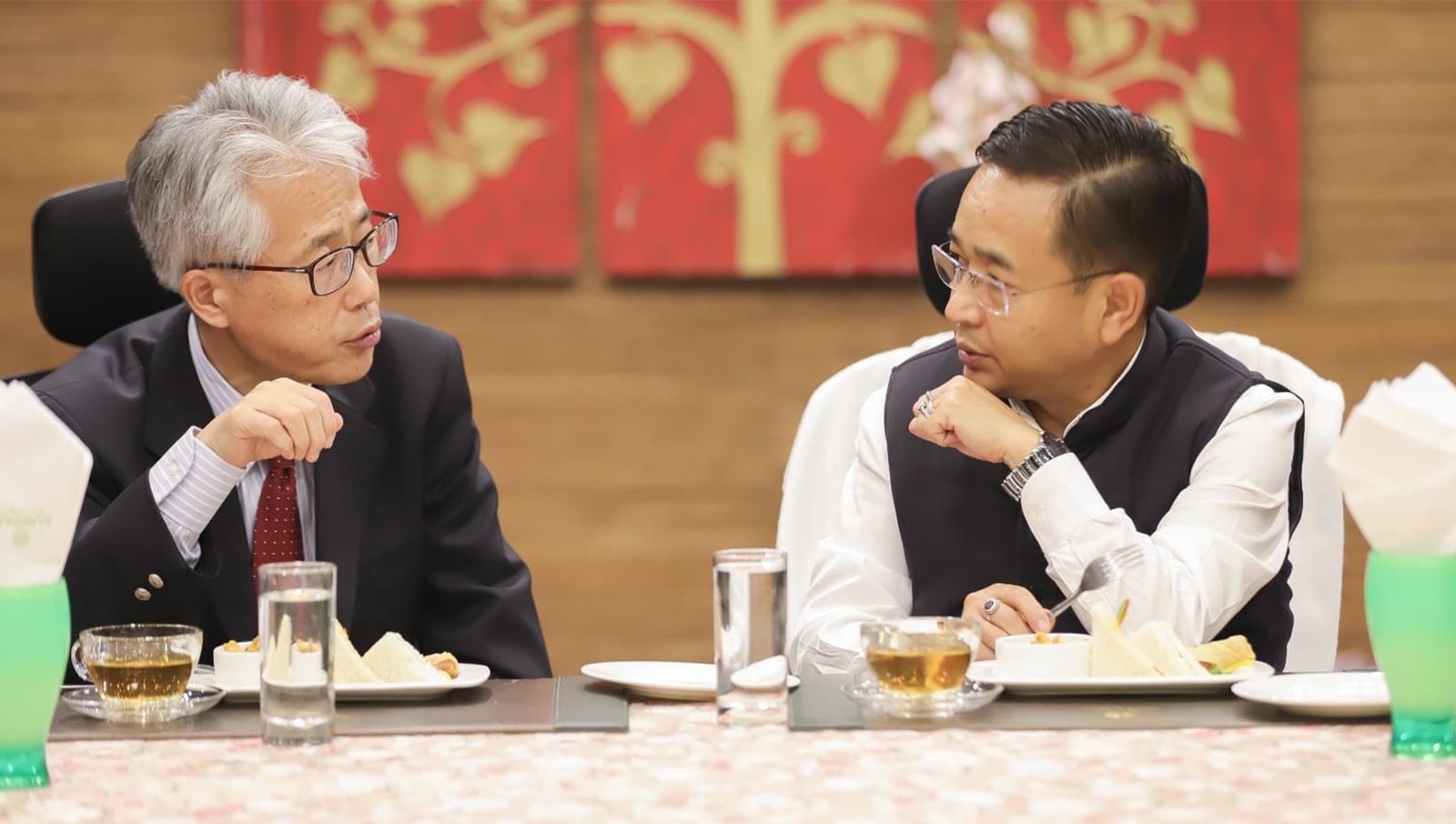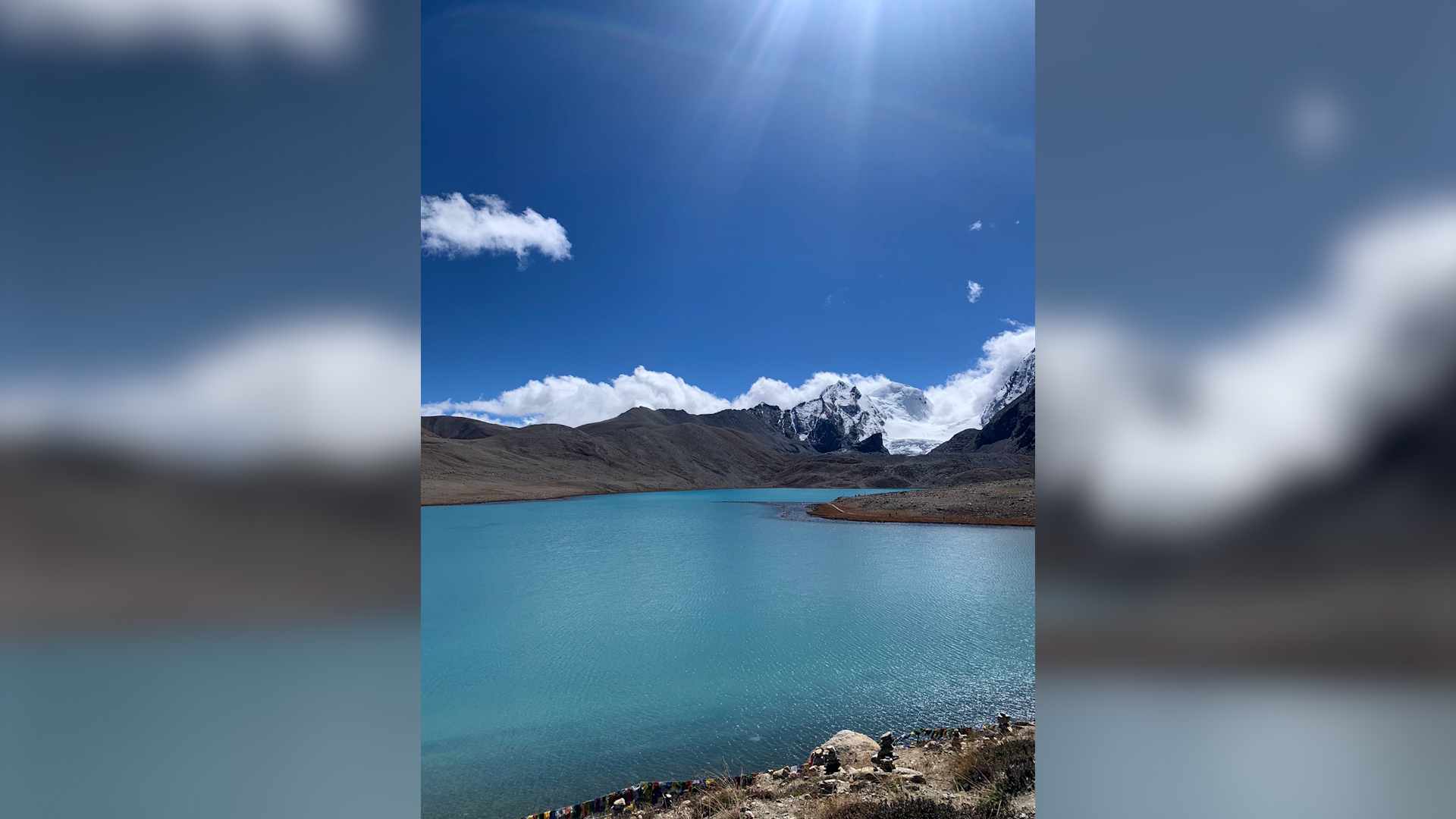GANGKTOK: Ambassador of Japan to India, Satoshi Suzuki on his recent visit to the northeastern state of Sikkim indicated the keenness of his country to strengthen the historic Indo-Japan connection through the support of various development projects being undertaken in the region.
India’s renewed interest in the “Act East” policy, and Japan’s own security interests for free and open Indo-Pacific in view of an increasingly assertive China, has further boosted India-Japan partnership in the Northeastern region.
“Sikkim is located at a strategically important juncture and is full of potential, not only for domestic development but also for the stability and prosperity of a wider region from a geopolitical perspective,” Ambassador Suzuki said, adding that Japan is actively involved in road connectivity in the Northeastern region including state highways for Sikkim.
Sikkim in particular has been attracting Japanese assistance in many sectors of mutual interests including environment conservation and sustainable development goals. Centre’s Act East policy thrust along with State government’s felicitating role has further enhanced cooperation with neighbouring countries and attracted investments from India’s strategic partners like Japan.
The Japanese cooperation extended to strategically important National Highway 10 — Sikkim sole connectivity to the rest of India — on slope protection for maintaining the highway, is one of the prominent projects being undertaken in the region.

“We had positive discussions on matters related to Green Energy Investment, Initiation of the High-value product industry, Japanese language education to improve employment opportunities, and imparting skills in the healthcare and hospitality sectors,” shared Sikkim Chief Minister Prem Singh Tamang after a meeting with Japanese Ambassador to India.
“We also deliberated on techniques to enhance the horticulture sector and collaborate in strategically tackling issues like climate change, disaster management and informed the delegation about the setting up of Netaji Subhash Chandra Bose University of Excellence for this purpose,” he added.
SC Gupta, Chief Secretary, Government of Sikkim noted that India and Japan share good economic, political, and social relations which are further strengthened by engagements like FICCI’s Dialogue with States. Sikkim and Japan can collaborate in infrastructure development, connectivity, skill development and investments can be expanded in food processing, organic agriculture, value chain development, bamboo processing, he noted.
Japan has invested about $2 billion in the northeastern states with the promise of more investments in coming years.
Later, while addressing a programme titled ‘6th Dialogue with States: Connecting Japan with Sikkim’ organised by FICCI Forum of Parliamentarians in Gangtok, Ambassador Suzuki said that Japan is a reliable partner of India and wants to engage with the Northeastern states to discuss further priority areas and it’s direction.
“Both countries are focused on enhancing connectivity in the region. Various initiatives like ‘Japan-India Initiative for Sustainable Development of the North- Eastern Region of India (SDINE)’; ‘Initiative for Strengthening the Bamboo Value Chain in the North- East’ and cooperation in areas as agriculture and food processing, health, care and sanitation, forest management, connectivity improvement, disaster prevention and mitigation and tourism are already underway,” he said.
Apart from Sikkim, Japan is involved in many ongoing connectivity projects in the Northeast including National Highways [NH] 40 & 51 in Meghalaya and NH 54 in Mizoram, NH-208 in Tripura, NH-127B (Dhubri-Phulbari Bridge access road) in Assam, as well as the 20 km long Dhubri-Phulbari Bridge over the Brahmaputra River), Khowai-Sabroom stretch on NH-208 in Tripura) and Phase 7 NH-127B (Dhubri-Phulbari Bridge access road) in Meghalaya.
Recently India and Japan launched the India-Japan Sustainable Development Initiative for the North Eastern Region of India. According to a press release by the Ministry of External Affairs, Government of India, both countries have decided to launch a comprehensive initiative for sustainable development of the Northeastern region. This will complement existing developmental initiatives of the State Governments of Northeastern region and the Government of India.










